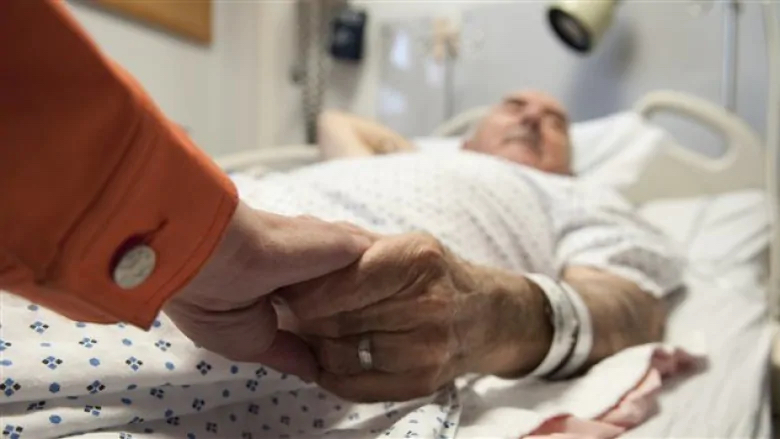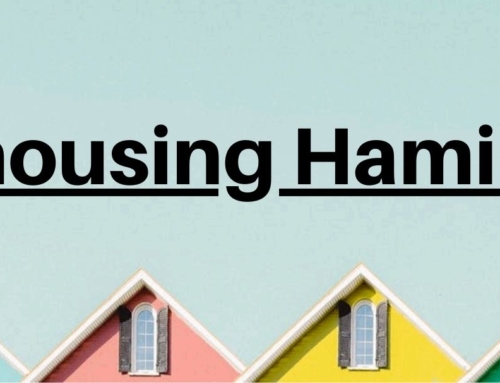Medical Assistance in Dying: Update on Bill C – 7
Written by: Loretta Jaunzarins, Pastor of Grace Lutheran Church, Hamilton and Life-Cycle Celebrant
(Editor’s Note: The information from this blog post was obtained from this document)
I have been interested in and following MAID in Canada for a number of years. It certainly is a complex issue. Below is a brief update on where the legislation is now and what to expect over the next few months. At the end are resources for further exploration.
Proposed reforms to Bill C-7 were moving along in early 2020 following the “September 11, 2019, Superior Court of Québec, in its Truchon v Canada (AG) decision, which declared unconstitutional the “reasonable foreseeability of natural death” eligibility criterion contained in the federal MAID legislation, and the “end of life” eligibility criterion contained in Quebec’s Act Respecting End-of-Life Care.” Two extensions in 2020 plus delays due to Covid-19 means that the Bill may not come before the House this year.
The current legislation and proposed reforms that could change the eligibility criterion are both complex and controversial. Since the legislation was first enacted in 2016, over 14,000 Canadians have chosen a medically assisted death. The proposed reforms are not being taken lightly as over 300,000 Canadians participated in online public consultations in January 2020, myself included.
What are the proposed changes?
Reforms would address eligibility criteria, safeguards, advance requests and monitoring.
Eligibility criterion.
The new legislation could see the removal of the “Reasonable Foreseeability of Natural Death” or RFND so that both persons with a reasonably foreseeable natural death and those whose natural death is not foreseeable could be eligible for medical assistance in dying. Mental illness as a sole underlying medical condition will be excluded. There will be ongoing discussion around this by the federal government in consultation with organizations such as the Mental Health Commission of Canada, the Centre for Addiction and Mental Health, the Canadian Mental Health Association, and the Canadian Psychiatric Association.
In the new legislation, a “grievous and irremediable medical condition” will be described as:
• having a serious and incurable illness, disease or disability (to the exclusion of a mental illness—new subsection 241.2(2.1) of the Criminal Code);
• being in an advanced state of irreversible decline in capability; and
• experiencing enduring physical or psychological suffering that is intolerable to them and that cannot be relieved under conditions that they consider acceptable.
Safeguards
While safeguards are of utmost importance to the government and all Canadians, they must be reasonable. The two independent witnesses for the application requirement of the current legislation can be an unreasonable burden for some seeking MAID. While two witnesses will still be required to apply for MAID, only one will need to be an independent witness and health and personal care workers will now qualify to be a witness.
The 10-day reflection period would be removed. New safeguards for those whose natural death is not reasonably foreseeable, will include:
- A mandatory 90-day assessment period.
- A second assessment by a qualified practitioner.
- Information on available supports be made available to each applicant.
- Reasonable treatment options be explored with the patient by the practitioner.
Advanced Consent for MAID
This provision would allow for people whose natural death is reasonably foreseeable to retain their ability to receive MAID if they should happen to lose the ability to give consent after they have been approved for MAID, but before it is provided. This would be done through the completion of an Advanced Consent Arrangement if conditions are met.
Reforms to the current legislation would also cover issues such as patient resistance and failed administration.
Monitoring
The federal Minister of Health will be mandated to collect information from practitioners and other health sector personnel to further reform legislation so that, for example, gaps in the law are addressed.
Please go to the Dying with Dignity website for extensive up-to-date information on MAID. Everything you need is on their website and they would be happy to answer any questions you may have about MAID. Click here to visit the website.
There are also current Government of Canada resources for updates on Bill C-7. Click here to learn more about these resources.




